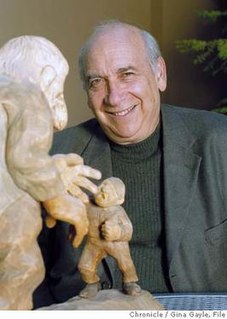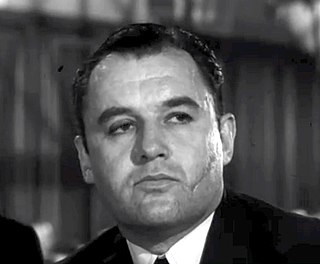A Quote by Dan Ben-Amos
Folklore is artistic communication in small groups.
Quote Topics
Related Quotes
Common sense is not something rigid and stationary, but is in continuous transformation, becoming enriched with scientific notions and philosophical opinions that have entered into common circulation. 'Common sense' is the folklore of philosophy and always stands midway between folklore proper (folklore as it is normally understood) and the philosophy, science, and economics of the scientists. Common sense creates the folklore of the future, a relatively rigidified phase of popular knowledge in a given time and place.
Graphic design was largely about communication in an artistic or creative manner, much like writing is used to convey ideas. Many designers completely miss that aspect of the "art." Some are completely satisfied with just making things pretty, without taking the communication element into consideration.
. . . I felt I was finally in a position to affect not only the artistic content of the American theatre, but also its institutional structures. This has been an important goal of mine, as there have always been a variety of issues - artistic freedom, author's rights, access by minority groups - which have concerned me and even influenced my decision to become a playwright in the first place.
I am in total opposition to any institutional power. I favor a world of neighborhoods in which all social organization is voluntary and the ways of life are established in small, consenting groups. These groups could cooperate with other groups as they saw fit. But all cooperation would be on a voluntary basis. As the French anarchist Proudhon said. “Liberty [is] not the daughter but the Mother of Order.




























